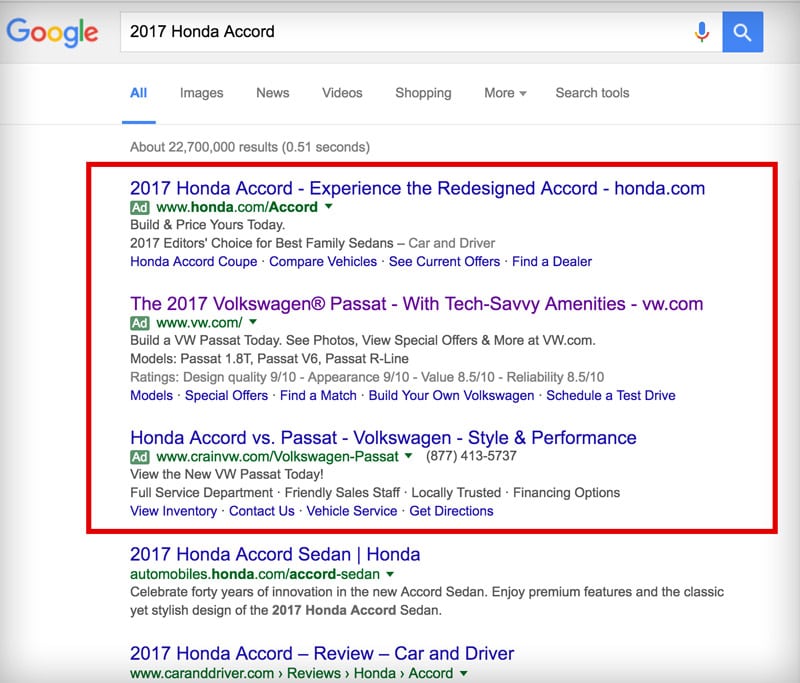What Every Small Business Owner Should Know about SEO

What Every Small Business Owner Should Know about SEO
Search Engine Optimization (SEO) is often the most intimidating and confusing marketing activity for small business owners. But it doesn’t have to be. With a basic understanding of how search engines work and how they fit into the buying process, you can create a successful SEO campaign regardless of your budget.
What follows is a list of concepts that we feel every small business owner should understand regarding SEO, its strengths, and its pitfalls.
1) SEO is a marathon, not a sprint.
In a business culture predicated on immediate results, SEO is a misfit. It is rare to see any SEO technique affect the bottom line quickly. In fact, optimization efforts can take weeks or months to make a difference in search performance. Because of this, it is not recommended to rely on SEO marketing alone for new site or product launches.
SEO also requires continuous adjustment. Automated processes like those found in paid search marketing or social media are not always viable.
2) Paid search budgets do not affect organic search visibility.
Paid search, also known as Pay-Per-Click, PPC, or search advertising, has little to do with SEO, even though PPC and organic search results often appear together as seen in Figure 1 below.

Figure 1: A Google search results page for the query “2017 honda accord.” Paid search ads appear in the red box while organic results are below. Notice how paid ads are clearly indicated with a green “ad” button.
The position of paid search ads is determined in Google by a metric known as “Ad Rank,” a combination of bid amount, the relevancy of the ad’s landing page to the query, and some other factors. Ad rank works independently from the 200-plus factors that determine organic rankings. Your search advertising budget will not affect your SEO performance, and you cannot pay to rank well organically.
Does it make sense to buy search ads if your SEO is performing well?
Yes, search is not a linear event. Before users convert, they may conduct multiple searches over a long period of time. They may click on organic results, paid search ads, and visit your brand’s social media pages in the course of a few hours. In other words, the combination of paid and organic search can keep you in front of the user throughout the buying process.
3) Compelling content is essential.
You’ve probably heard content is king, and this is never more true than today. Compelling content engages the reader/viewer; helps increase search engine traffic; improves the chances that other sites will link to you (links are an important ranking factor); and increases the number of quality leads.
4) There are no shortcuts to SEO success.
Like all industries, SEO has its share of snake oil salesmen. We call these SEOs “black hat” because their strategies rely on aggressive tactics meant to con search engines into unfairly ranking a site above its competitors. These tactics are often in violation of search engines’ quality guidelines. Companies that guarantee dramatic rank improvement or attempt to sell your business links or social followers should be avoided. Remember, if it is too good to be true, it probably is.
If you always strive to deliver a quality online experience for your users, you should have no problems outranking your competition. Google and other search engines never punish good, honest work.
Discover more about Blue Zoo Creative’s SEO services by contacting a zookeeper today.


